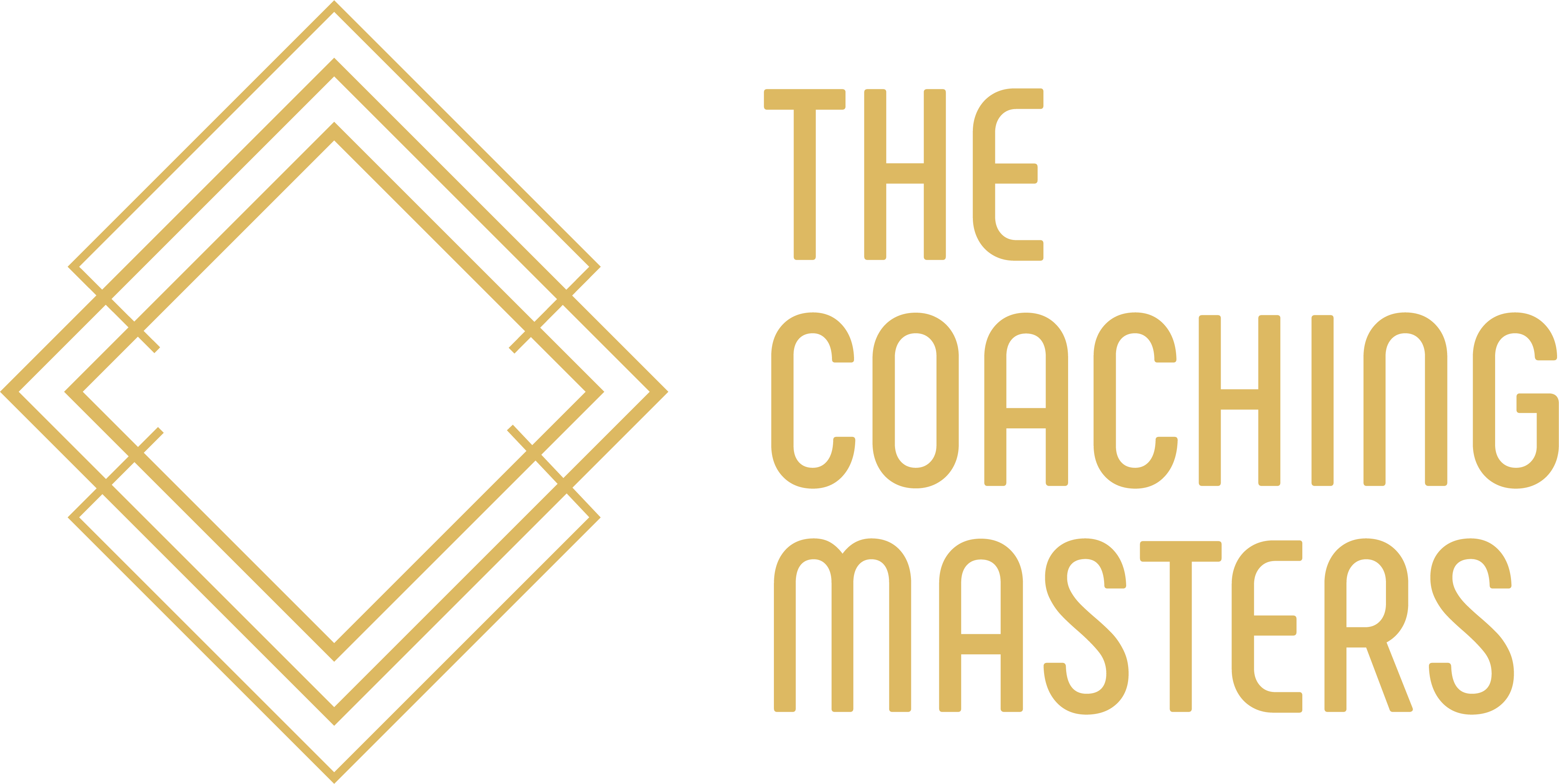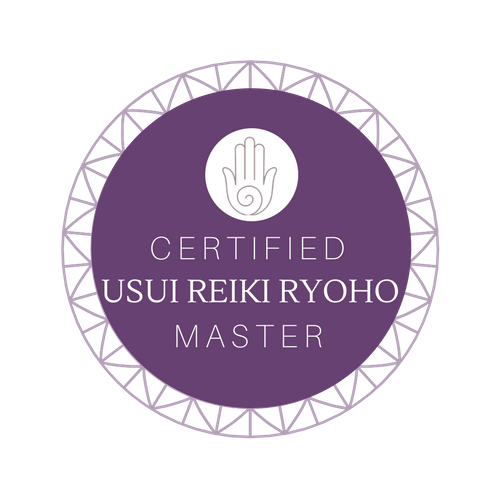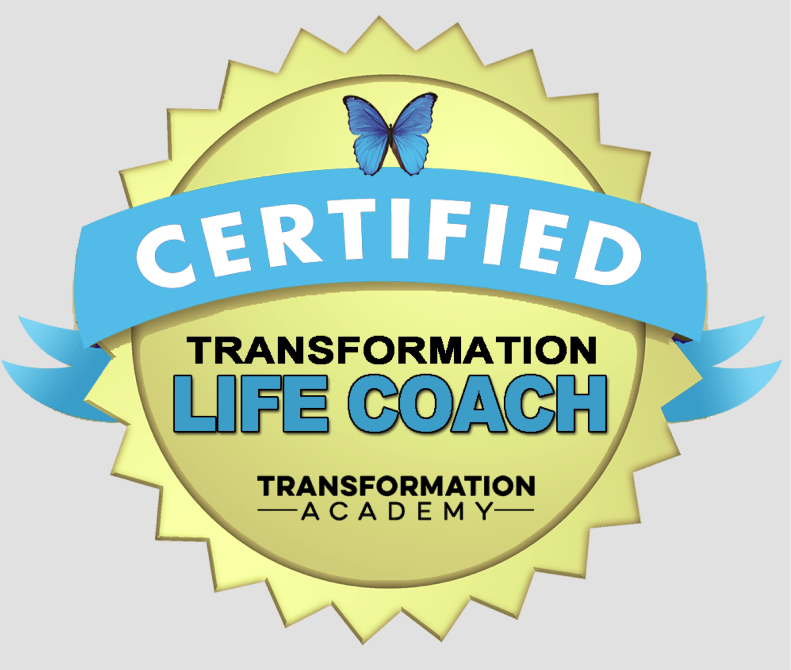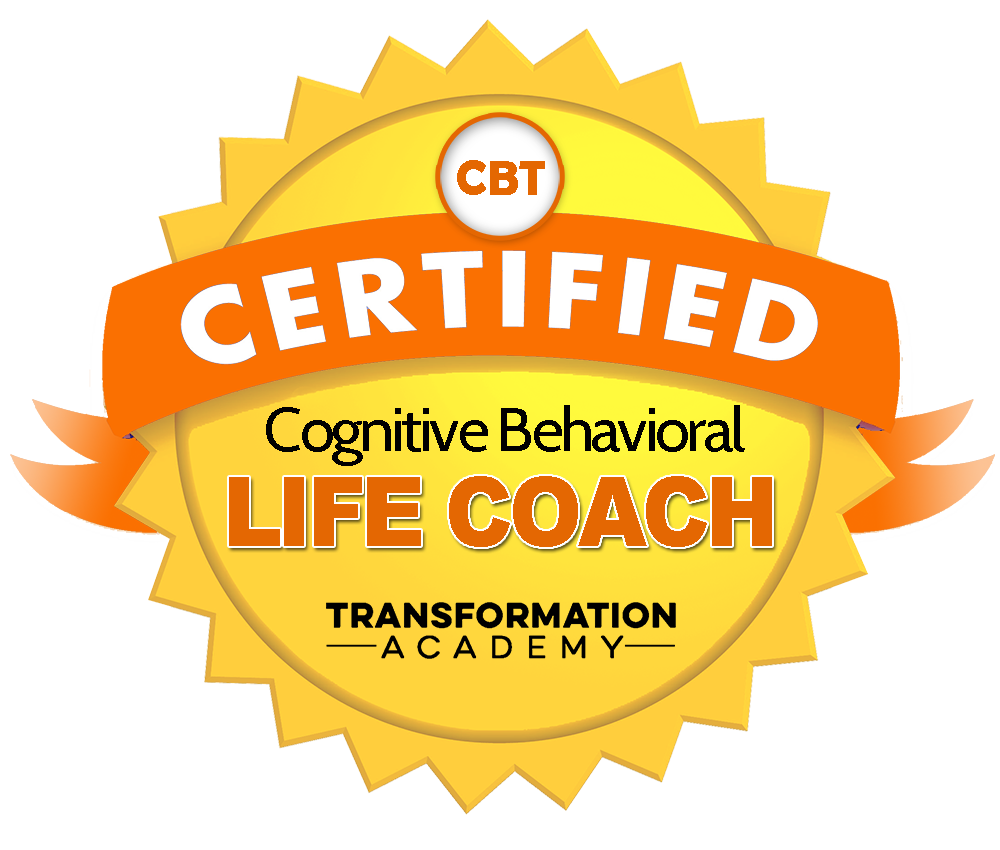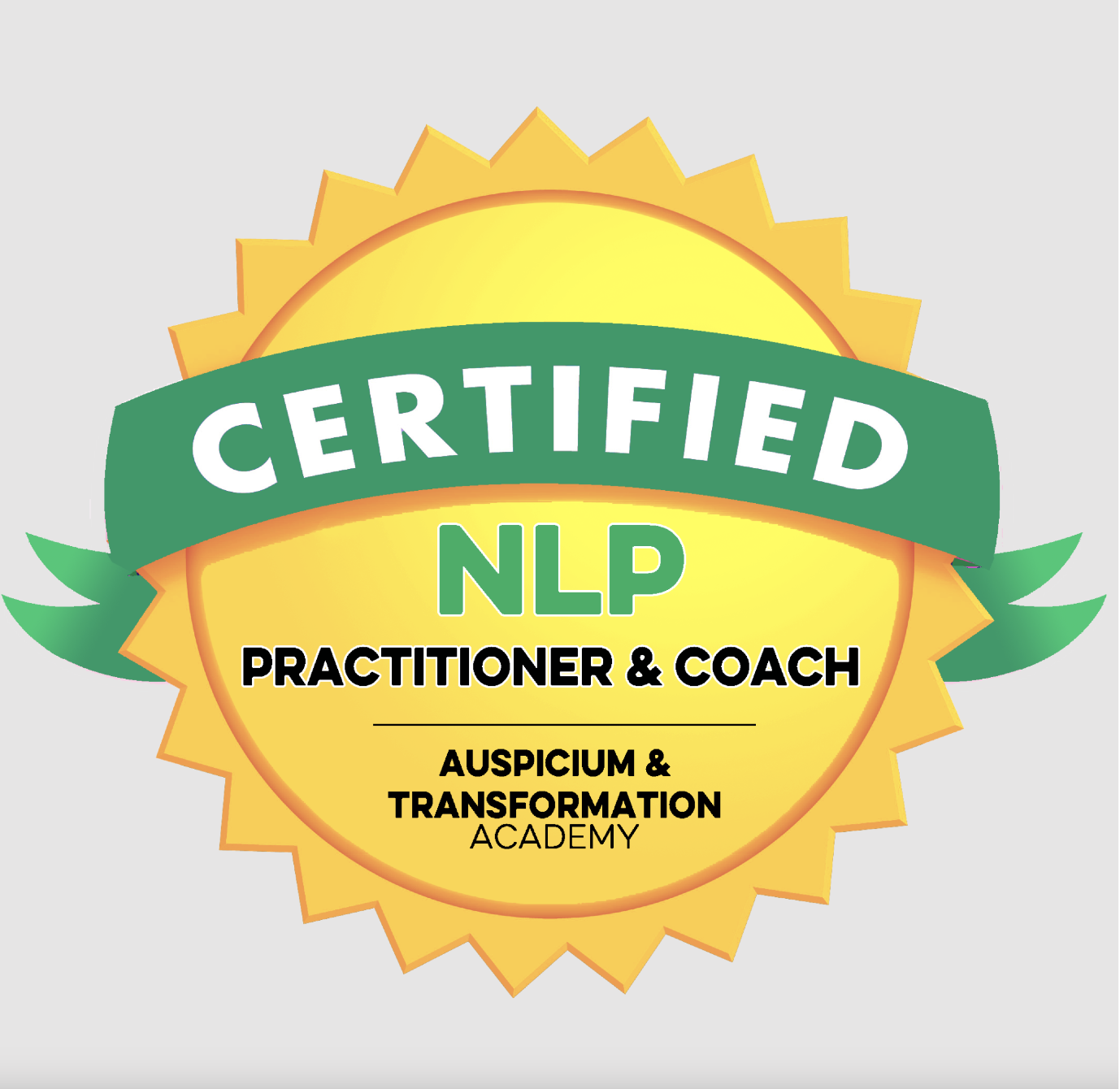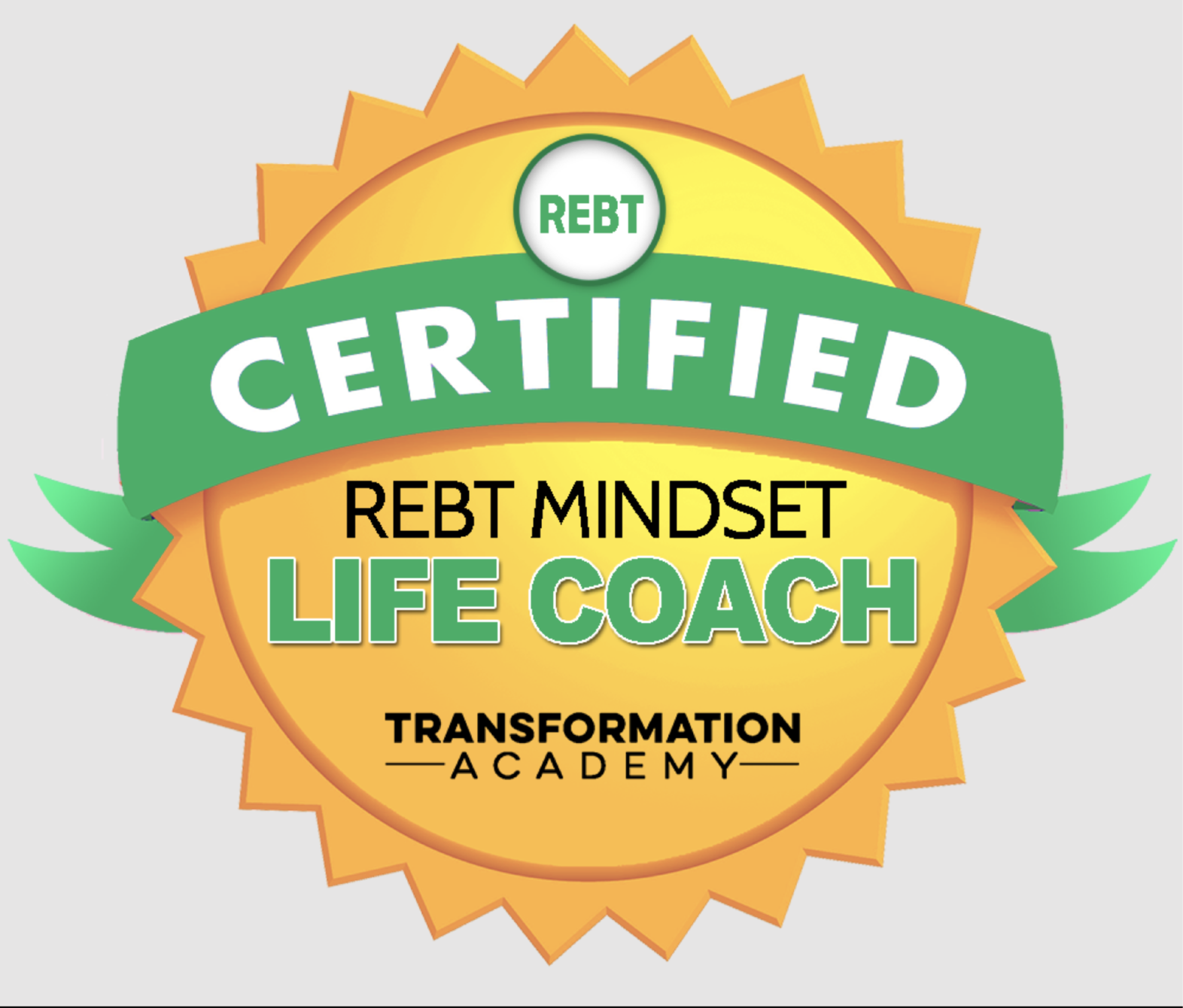Overcoming Common Meditation Challenges: A Gentle Guide to Staying the Course

1. The Wandering Mind: “Why Can’t I Focus?"
One of the first things people notice when they start meditating is how loud the mind can be. You might sit down expecting serenity and instead find yourself thinking about dinner, that awkward thing you said last week, or your endless to-do list.
Why it happens: Your brain is used to constant input and multitasking. When you try to still it, it rebels a bit—like a puppy who’s never been on a leash. It’s totally normal.
How to work with it: Try not to judge yourself. The goal isn’t to empty your mind entirely (that’s a myth). Instead, gently bring your attention back when it wanders—again and again. That is the practice. You can focus on your breath, a mantra, or even a candle flame—anything simple that anchors you in the present.
Think of it as mental weightlifting. Every time you redirect your attention, you’re building strength, resilience, and awareness.
2. Overthinking the Stillness: “Am I Doing This Right?"
Meditation isn’t about trying to make your mind quiet—it’s about allowing quietness to emerge. Many beginners get stuck thinking about how to stop thinking. It’s a bit like trying to fall asleep by forcing yourself to fall asleep—it just doesn’t work.
What’s really going on: When you meditate, especially in the beginning, your awareness of thoughts actually increases. That’s not failure—that’s progress.
Try this instead: Let thoughts come and go like clouds passing through the sky. You don’t need to chase them or push them away. Notice them, thank your brain for being active, and return to your breath. If you find yourself tensing up or straining to “do it right,” take a few deep belly breaths and imagine your body melting into relaxation.
3. Distractions Galore: “I Can’t Find Peace in This Chaos!"
Whether it’s a barking dog, buzzing phone, or a family member popping into your space, distractions can really throw you off.
The truth: Life isn’t going to pause just because you’re meditating. But that’s actually part of the beauty of the practice. Learning to find calm within the chaos is a skill that extends beyond your cushion and into your daily life.
How to manage it: Start by carving out a dedicated space. It doesn’t have to be fancy—a corner with a cushion, a candle, or even a folded blanket works. Make it sacred and soothing. Let your household know this is your time and you’re not to be disturbed (earplugs or white noise help too!).
And remember, distractions aren’t always external. Internal distractions—like an itchy nose or a racing heart—are just as common. Acknowledge them, then refocus. You’re not failing; you’re learning.
4. Falling Off the Wagon: “I Just Don’t Feel Like It Today…"
We all start strong. Maybe you meditated every morning for a week and felt great. Then one morning you were tired, the next you were busy, and before you knew it, the cushion was collecting dust.
Don’t worry—it happens to everyone.
The key: Treat meditation like brushing your teeth. You don’t always want to do it, but you know it’s good for you. Build it into your day in a way that feels sustainable. Even five minutes counts. And if you miss a day? Don’t guilt yourself. Just pick it back up tomorrow.
Tip: Try keeping a meditation journal. Jotting down a few notes afterward—how you felt, what came up—can keep you inspired and accountable.
5. Breathing Feels Weird: “Am I Doing This Right?"
You’d think breathing would be the easiest part of meditation—it’s automatic, after all. But for beginners, focusing on the breath can sometimes feel awkward or forced. You might breathe too deeply, too quickly, or feel unsure about the “right” way.
What’s normal: Everyone breathes differently. There’s no universal rhythm you need to follow.
Here’s a simple guide:
- Inhale slowly through your nose (count to 4).
- Pause briefly.
- Exhale gently through your mouth or nose (count to 4 or longer).
- Let your body find a natural rhythm over time.
If you feel light-headed, you’re likely overdoing it. Let your breath settle and just observe it. Your only job is to watch, not control.
6. Impatience for Results: “Why Don’t I Feel Zen Yet?"
One of the most common traps is expecting meditation to “fix” you immediately. We hear stories of people transforming their lives through mindfulness and think we should be seeing results right away.
The reality: Meditation is more like planting seeds. You won’t see the flowers bloom overnight, but with daily watering, they will grow. The benefits—like better sleep, improved focus, less reactivity—often creep up subtly over time.
Shift your mindset: Instead of asking “What am I getting out of this?” ask, “What am I learning about myself today?” Each session is a gift, even the hard ones.
7. Physical Discomfort: “Why Does My Back Hurt?"
Sitting still can bring up aches and pains you didn’t know you had. Legs fall asleep. Backs get sore. Necks tense up.
Don’t suffer in silence. Meditation isn’t a bootcamp.
Adjust your posture: Sit on a cushion or chair, and make sure your spine is supported. You don’t need to be a pretzel. Lying down is also fine, especially for body scans or guided practices (just try not to fall asleep unless that’s your goal!).
Use props: Blankets, bolsters, and blocks are your friends. The more comfortable your body, the easier it will be to stay present.
8. Feeling Nothing: “Is This Even Working?”
Some days, your meditation might feel dull. No deep insights. No blissful peace. Just… meh.
Here’s the secret: That’s okay. Meditation isn’t about having a mind-blowing experience every time. Sometimes, it’s just sitting with yourself, even in the quiet moments. And that’s powerful in its own way.
In Summary
Keep Going, You’re Doing Better Than You Think
If you’ve faced any of these challenges, congratulations—you’re meditating! Seriously. These obstacles aren’t signs of failure; they’re signs of growth. Meditation is a lifelong practice, not a one-time achievement. The more you show up, the more your mind and body learn how to meet the moment with clarity and compassion.
Be gentle with yourself. Laugh at the distractions. Take a deep breath when frustration arises. And know that every moment you spend in stillness—even the messy, imperfect ones—is an investment in a more peaceful, grounded you.
Click the link below to book your free clarity call or free virtual coffee chat.
Grab a copy of our newletter by completing the form below, this will then be sent to your inbox every month.
My Affirmation For The Week
"Too much of our work amounts to the drudgery of arranging means toward ends, mechanically placing the right foot in front of the left and the left in front of the right, and moving down narrow corridors toward narrow goals. Play widens the halls. Work will always be with us, and many works are worthy. But the worthiest works of all often reflect an artful creativity that looks more like play than work."
